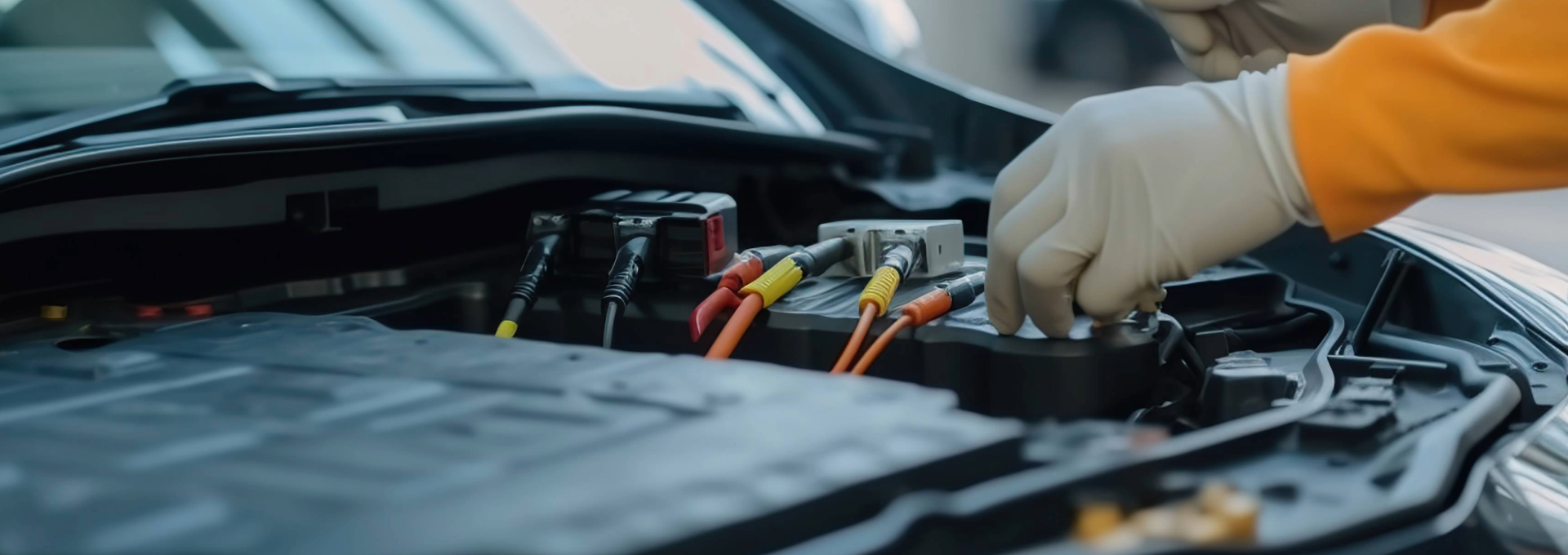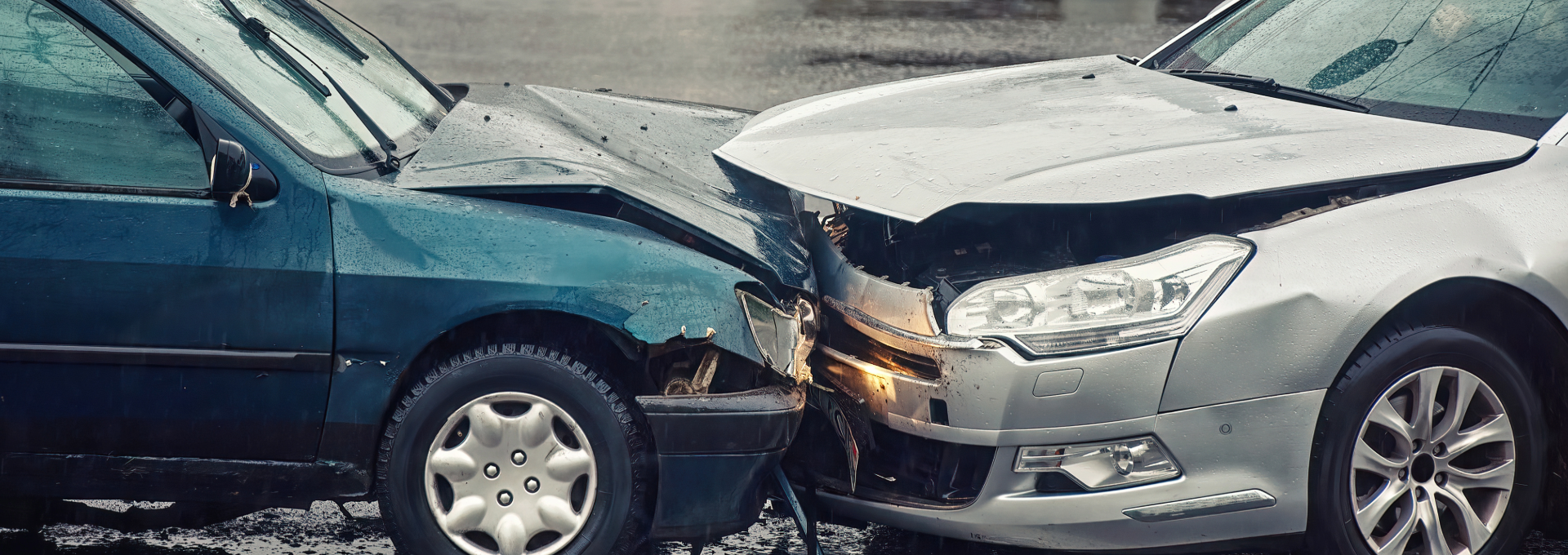
Lithium ion batteries – The growing demand for battery powered vehicles comes with a growing risk.
More and more people are switching to electric vehicles. Whether the change is being driven by the looming ban in 2035 on the sale of new combustion engine cars, the government’s own future of mobility – urban strategy (which encourages the use of new technologies) or people’s personal wish to positively impact the climate, one thing is certain, there will be a great number of lithium-ion powered vehicles on our streets and being charged at our homes and workplaces. This comes with increased and varied risk.
What is a lithium-ion battery?
Lithium-ion is the most popular rechargeable battery used to power the devices we use every day including mobile phones, laptops and electric vehicles. They’re characterised by higher energy density, higher energy efficiency and a longer life cycle.
Lithium-ion batteries – the risks:
Faults in a lithium-ion battery can result in thermal runaway – a chain reaction that can lead to a fire or catastrophic explosion. Those faults can be caused by internal failure or external conditions including:
- Poor battery construction – imported batteries often do not comply with the relevant regulations
- Design flaws – either within the battery itself or the retrospective fitting
- Damage to the battery
- Overcharging and discharge overcharge (including the use of the incorrect charger)
- Exposure to extreme temperatures
When it comes to vehicles, there have been a growing number of fires across a range of vehicle types for various reasons including:
- Buses – a fleet of electric buses has been taken out of service as a precaution until an investigation is carried into the recent Wimbledon bus fire
- Electric cars – Recalls on electric cars rose by 533% between 2018 and 2023, with 12% of recalls attributed to batteries. The Felicity Ace cargo ship sank last year (at a cost of around £295m) following lithium-ion batteries within luxury cars catching fire onboard
- E-bikes & E-scooters – The London Fire Brigade has confirmed that they’re dealing with a lithium-ion battery fire every two days
Concerns for Insurers
There are several insurance issues arising from battery fires, from indemnity through to recovery and they will affect a wide range of interested parties, including insurers themselves.
Expert evidence will be crucial as to the cause of the fire albeit it is often difficult after such catastrophic events to gather and store evidence. Intervening factors and any contributory factors such as storage are key. There may also be debates regarding unrelated components, which could have an impact on the batteries. Appointing the right expert early has a significant impact on the outcome.
It’s crucial that issues such as indemnity and coverage are considered at the outset and reviewed as the evidence emerges. Even where there appear to be good prospects regarding those issues, early investigation is still vital.
Factors for all insurers to consider include:
- Evidence such as history of previous battery failures
- The causes of action and applicable law
- Who was involved in the design of the product?
- What will the impact be on commercials or reputation?
Potential for recovery
The manufacturer of the electric vehicle is likely to be the party to target to recover from and will probably have a direct liability to the claimant. However, there could be several other parties to consider if, for example, the battery was retrospectively fitted, the fire was caused by a defective charger or if it was a second-hand vehicle etc.
Mitigation of risk is a key
Given the many, and rising, risks involved, it’s unsurprising that all stakeholders including underwriters need to take a close look at their portfolio. Taking into account their risk profile, considering the steps they can take to highlight and manage those risks and, of course, including the feedback loop between claims and underwriting, will all help ensure policies continue to be priced appropriately for the changing risk landscape.
The reality is that the growth in demand for electric vehicles will continue, along with the associated and growing risk to the insurance industry. Specialist tailored advice from those who understand the market will be vital for insurers – from guidance on writing the business (or not), through to claims issues and recovery of damages paid.
HF is a leading provider of legal and claims solutions with specialist lawyers experienced in issues surrounding lithium-ion batteries. If you would like to discuss the issues further, or arrange a training session on the challenges raised and best practice in the market, contact Jonathan Hodgkinson on Jonathan.hodgkinson@h-f.co.uk.
You may also like

Smart Motorways – The Increasing Risk & Cost
Smart motorways are presenting an increasing challenge for insurers – who need to be aware of the different issues at...

Unlocking OIC Portal Potential
Motor insurers are under significant pressure to deliver reductions in premiums. Whiplash reforms were intended to reduce premiums, yet they’ve...

Supreme Court Mixed Injuries Ruling – Apples and Pears or Apples and Smaller Apples?
On 20 February 2024, the Supreme Court considered how damages should be assessed where claimants are alleging both tariff-qualifying whiplash...

E-scooters – current status and practical guidance for handling “motor” claims
The emergence of e-scooters as a popular mode of transportation prompted the Government in 2020 to implement trials to assess...





